5. Macbeth (Justin Kurzel, 2015)
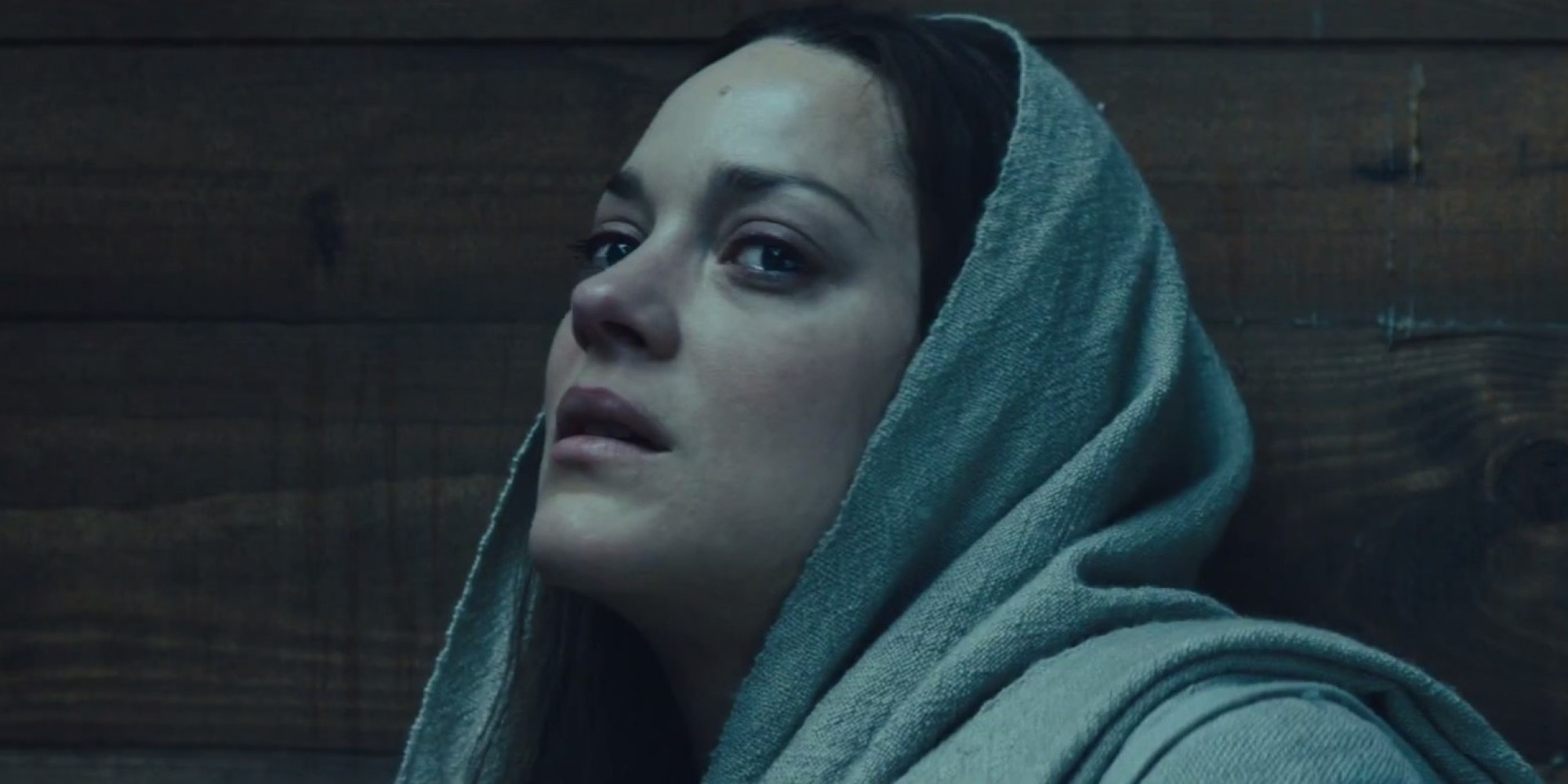
Justin Kurzel half-updated, half-classic adaptation of William Shakespeare’s second most famous murderous king tale, 2015’s Macbeth is an operatic excess bursting with blood, guts and rage, a true tale of sound and fury that strives admirably to signify at least a little bit more than nothing.
As with any Shakespeare film, this is primarily and essentially about the performances, and the Michael Fassbender-Marion Cotillard duet is one that’s tough to turn away from.
They’re both tremendously intense, and yet conspicuously restrained when it’s wise to be so. Cotillard particularly can be devious and hateful in one scene, and utterly scared in the next, without losing that allusive sway over Shakespeare’s text. Yes, Macbeth is naturally an ensemble piece, but it’s her (and Fassbender, of course, but mostly her) you can’t take your eyes off.
4. Rust and Bone (Jacques Audiard, 2012)
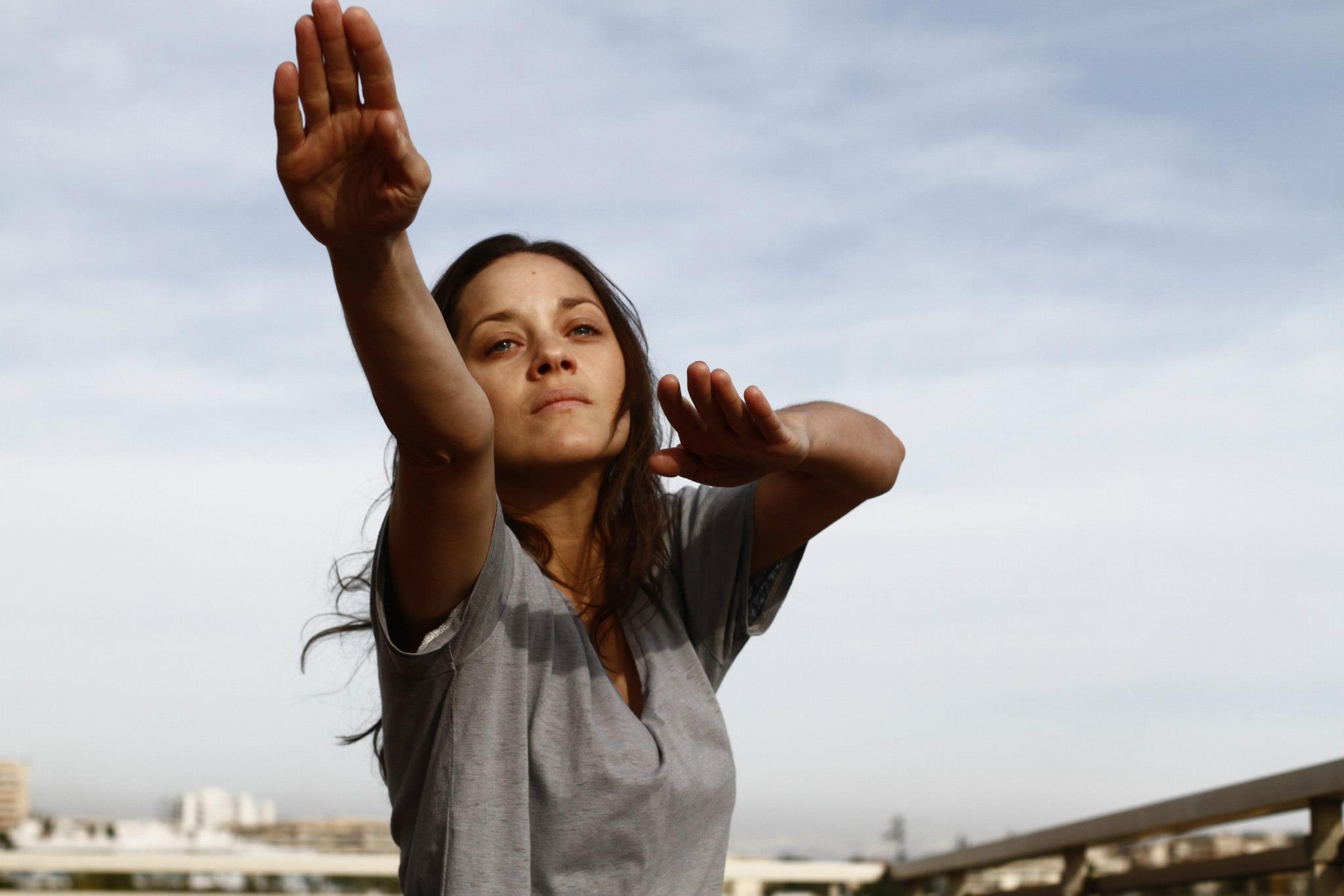
One of the finest French filmmakers working today, Jacques Audiard, partnered with Cotillard for a tour-de-force performance in Rust and Bone, a melodrama that’s not ashamed to be one, but that also escapes from the usual pitfalls of the genre, converting a somewhat predictable dramatic trajectory into a truly astonishing examination of physical and psychological wounds that crosses lines and rattles its audience up until the end.
As Stéphanie, the injured sister to Matthias Schoenaerts’ Alain, Cotillard depicts a woman constantly on the edge, and she’s terrific at it, conveying a lot through her eyes and portraying a character in a crippled condition whose emotions continuously come out in ugly and upsetting fashion. It’s not easy to watch, but it is a stunning performance.
3. The Immigrant (James Gray, 2013)
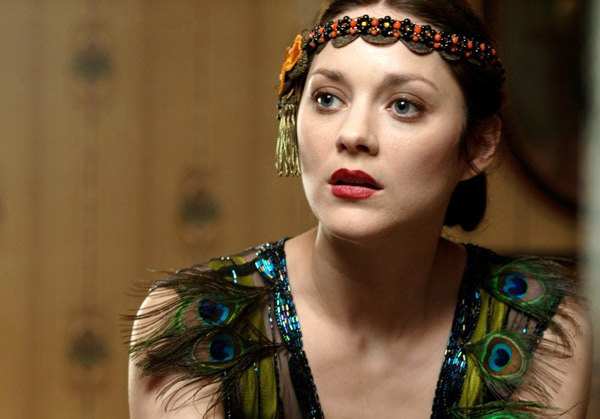
There’s something very special about The Immigrant, director James Gray’s fifth feature, and arguably his best. It’s not only that the filmmaker seems wrapped up in his story as much as he did in his previous, more contemporary-leaning films, or that he emulates an elegance and a tone that’s a callback to silent-era melodramas with female protagonists.
There’s magic in what Gray does and he’s a largely unrecognized modern master, sure, but what makes The Immigrant unforgettable is Marion Cotillard.
As Polish immigrant sold into prostitution Ewa, Cotillard is an arresting presence – not because she’s intense and resilient in the role, but mostly because she expresses the character’s resourcefulness and tragedy in such a beautiful, acutely sensitive way. This is a performance that absorbs and wraps you around its finger, and it’s what makes The Immigrant the great film it is.
2. La Vie en Rose (Olivier Dahan, 2007)
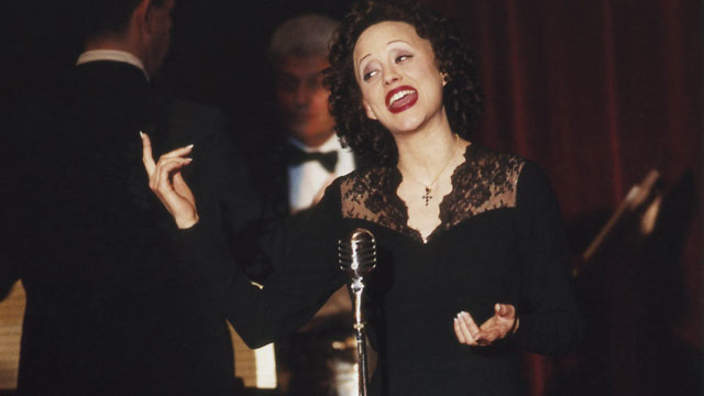
Not everything is unanimous in Olivier Dahan’s La Vie en Rose, an expertly crafted and compiled look into the hurricane of a life that French singer Edith Piaf led. But even if the film’s penchant for grand gestures and impressionistic view of Piaf’s tragic, unwavering personality and life makes you tiresome of its 140-minute runtime, Marion Cotillard’s supernatural performance as Piaf is every bit worth experiencing.
She’s not only expertly lip-syncing to the singer’s inimitable performances and giving her heart out all the same when she’s on-stage, she practically reincarnating Piaf into her own body.
Cotillard’s secret has always been truly living out her roles, even if she doesn’t lean on “method actor” techniques. Her performances always feel genuine, coming from a place of truth within her and within the character, and there’s the reason that her breakout role was Piaf – if the legendary French songbird was anything, it was honest.
1. Two Days, One Night (Jean-Pierre & Luc Dardenne, 2014)
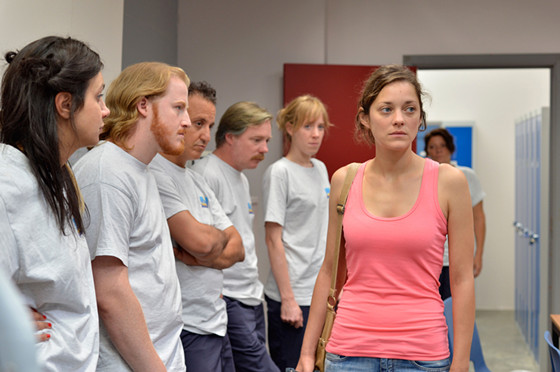
Yes, I know it’s a somewhat controversial choice, but Cotillard’s performance in the Dardenne brother’s Two Days One Night packs such a punch, and it’s such an immersive and utterly realized work, it’s hard not putting it at number one.
Which is interesting too, because arguably that’s the most “normal” character Cotillard ever played, a working-class woman going door to door among her co-workers, asking for them to vote for her to come back after an extended absence because of depression treatments.
Cotillard once against shows uncanny understanding of a state of mind that’s not her own, working with her whole body and making the most out of the Dardenne’s famously realistic perspective.
We see the way Sandra moves, her posture, her gestures, and each little detail is imbued with meaning by the actress. By the end of the film, it’s hard to not think we know her intimately – a hat trick only an actress as gifted as Cotillard could pull off.
Author Bio: Caio Coletti is a Brazilian-born journalist, a proud poptimist, and has too many opinions to keep them all to himself.